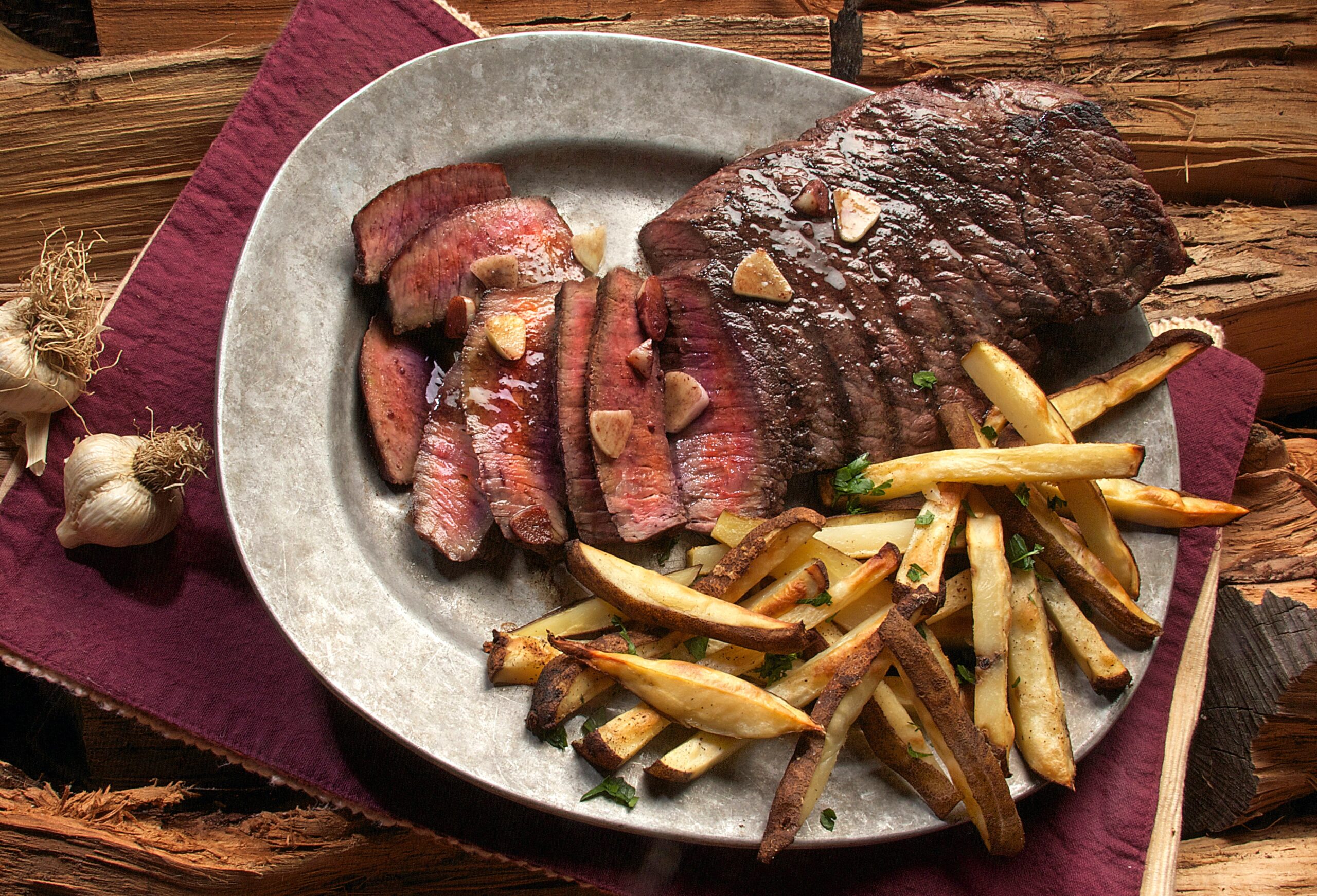HEARTBURN: What it is, causes, and how to prevent it.
Heartburn is a painful burning feeling in the middle of the chest. Which happens when acid from the stomach travels up towards the throat. Heartburn occurs mostly after a meal, although some people may experience night-time heartburn. This means that acid reflux occurs when they are asleep. If you have night-time heartburn, you will wake up with a bitter taste in the mouth, sore throat or even a cough.
At the entrance of the stomach, there is a ring of muscles known as the lower oesophageal sphincter (LES). This sphincter is closed most of the time and only opens to allow food into the stomach or gas to come out. If this ring of muscle does not close properly or opens up many times, the acid produced in the stomach can move up the oesophagus causing heartburn.
Occasional heartburn is normal and should not worry you. However, if you experience heartburn more than twice weekly, then all is not well. Your LES could be damaged resulting in a condition called acid reflux disease. Acid reflux causes continuous and persistent inflammation of the oesophagus. This will result in ulcers and scarring of the oesophagus. Continuous acid reflux finally damages the oesophagus and may lead to oesophageal cancer. Therefore, if you experience persistent heartburn, seek medical advice soon.
Click to learn about bloating, indigestion and constipation
What are the common habits that damage the LES?
- Overeating: People who overeat regularly, are at risk of developing heartburn. Because the large meals expand the stomach so much and affects the proper functioning of the LES
- Oestrogen hormone: This hormone causes the LES to relax. That is why more women get heartburns than men. This also explains why women experience more heartburn in when pregnant. In addition to the growing foetus pressing on the stomach, their body produces a lot of oestrogen to support the pregnancy.
- Consumption of alcohol is another habit which relaxes the LES muscles. Regular consumption of alcohol finally interferes with the LES’ ability to close and overtime damages the muscles
- Smoking: Smoking exposes the LES to a lot of toxic chemicals which damages its cells and ultimately resulting in a damaged sphincter.
- Medications: some medications cause the LES to relax. If used regularly, such medications can seriously damage the LES muscles. These include blood pressure medicines, sleeping pills and sedatives, anti-depressants, some antibiotics, iron and potassium supplements. Please remember to talk to your doctor if you experience heartburn while on these medications
How to manage heartburn through dietary changes
- Eat smaller portions of food. And remember to chew your food properly so as to make it easy for your stomach to digest the food.
- Avoid fatty, spicy and acidic foods since they bring additional acids to your stomach making heartburn worse. Most common trigger foods include fried and fatty foods, tomatoes, onions, garlic, peppermint, oranges, lemons and other citrus fruits.
- Reduce your intake of coffee and chocolates, they both contain compounds that relax the LES making heartburns worse
- Do not take milk when having a heartburn: Many times people advice drinking of milk to help relieve heartburns. However, milk does more harm than good. This is because digestion of milk results in increased acid production which worsens heartburn.
- Avoid drinking soda and sparkling water. These have a lot of gas, and cause excessive burping. Excessive burping results in frequent opening of the LES. Causing heartburn
Preventing heartburn through lifestyle changes
- Finish dinner at least 3-4 h before going to bed and avoid late-night snacks. Having food in your stomach when you lie down will worsen the reflux symptoms. I have learnt that going to bed late encourages late night snacking. Therefore try as much as possible to sleep at the same time every night.
- Sit in an upright position while eating. Avoid lying down or bending over for at least 45-60 minutes after eating. This help to keep food and digestive juices in the stomach.
- Sleep on an adjustible bed and raise the upper side. If you cannot afford an adjustable bed, you could raise the head-side using blocks. A wedge pillow is another good option. This way gravity helps keep stomach fluids down. But do not stack up pillows on your head. Raising the head does not help with preventing acid reflux
- Sleeping on your left side may be helpful in managing night-time heartburn. This position helps keep the LES closed compared to sleeping on the right side.
- Finally, losing weight if you are obese or overweight and wearing loose fitting clothes to lower pressure on the stomach

